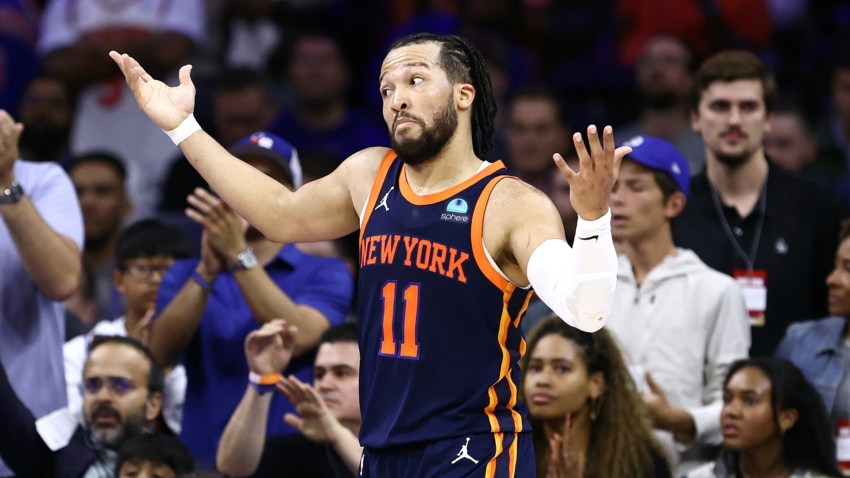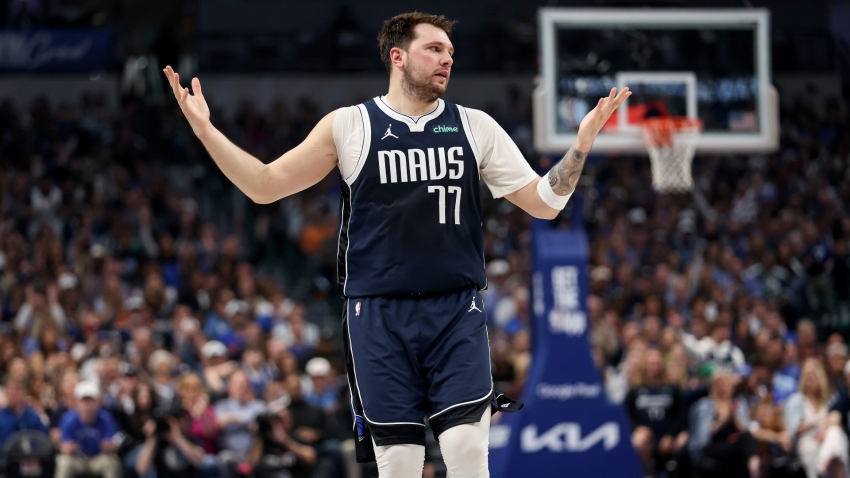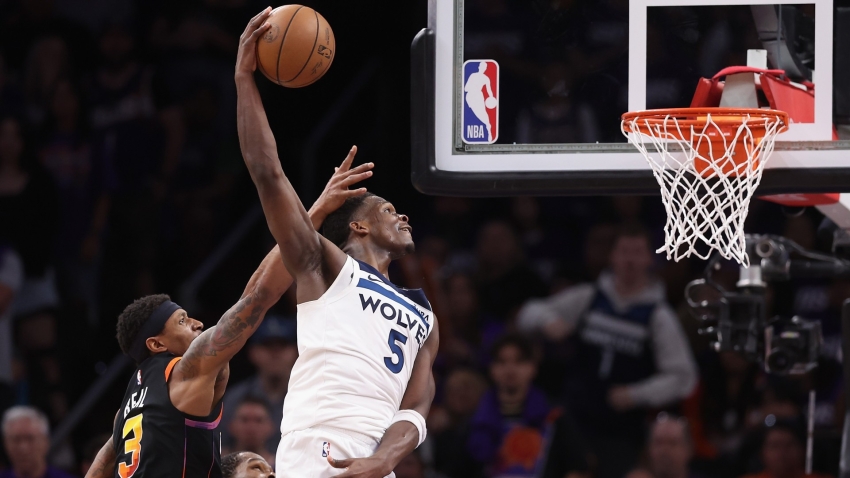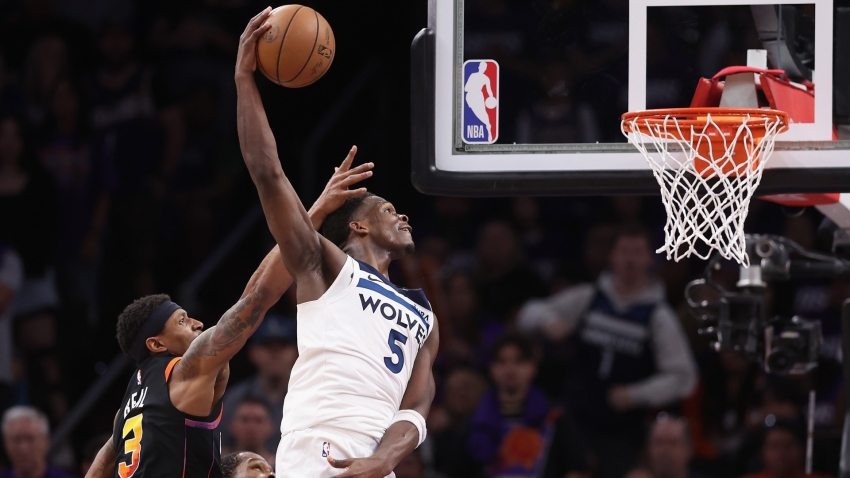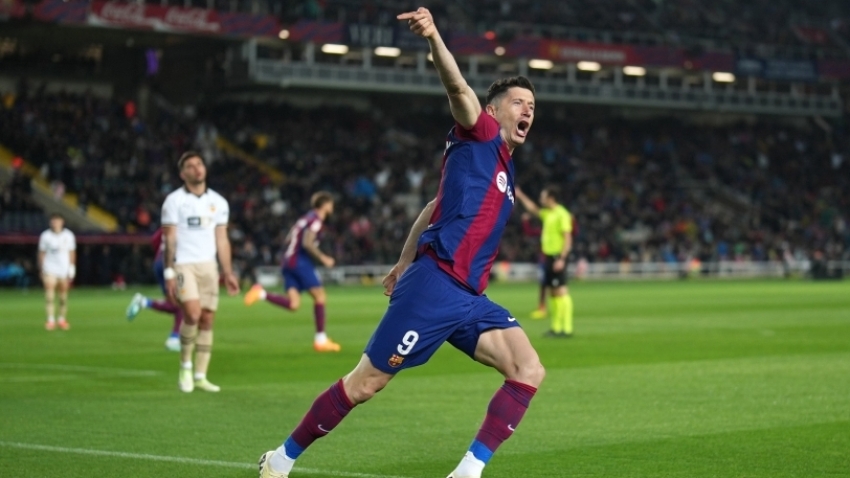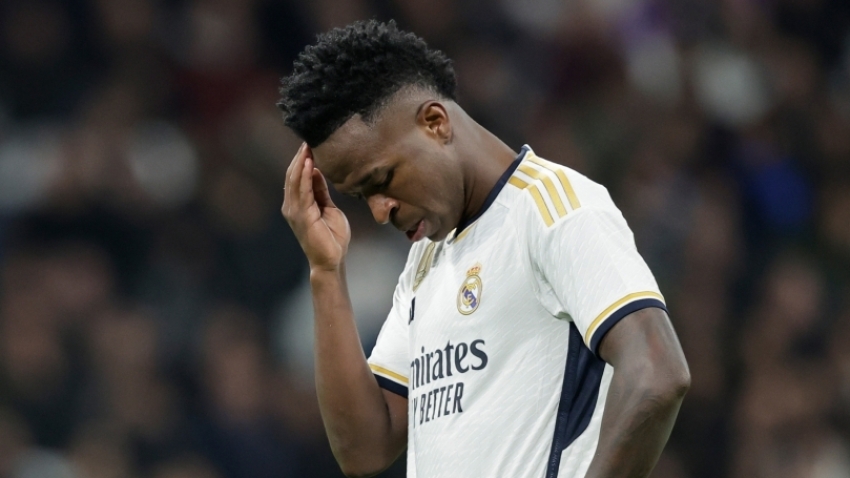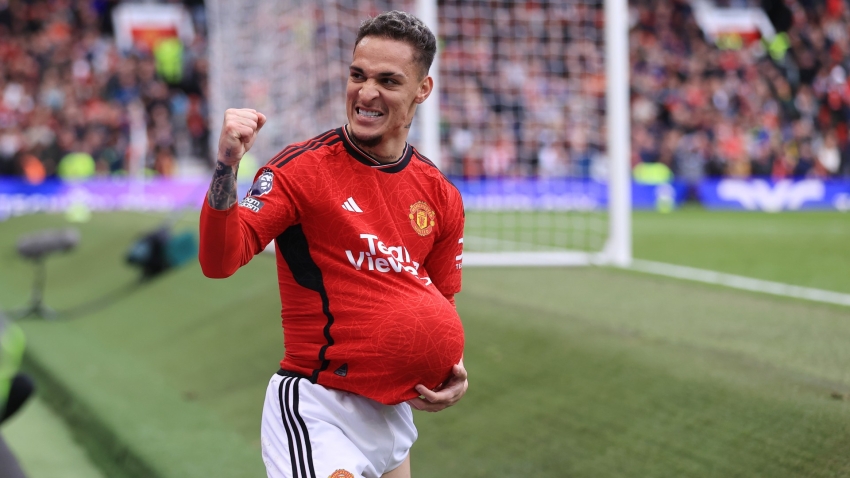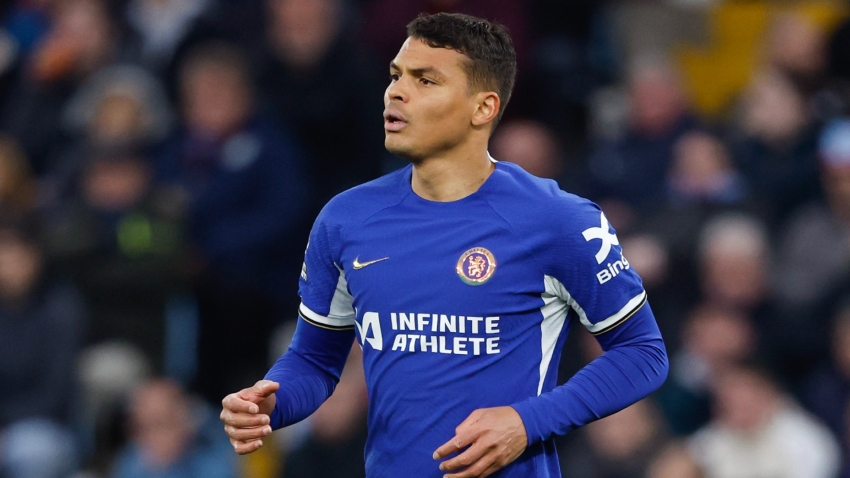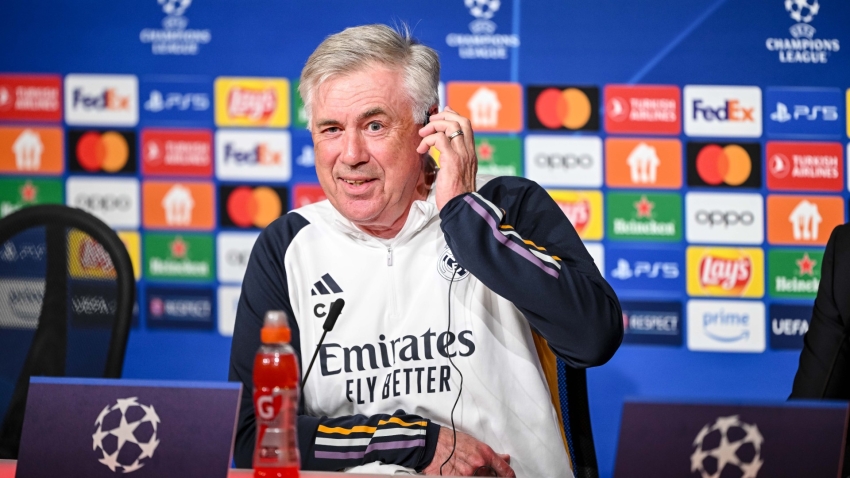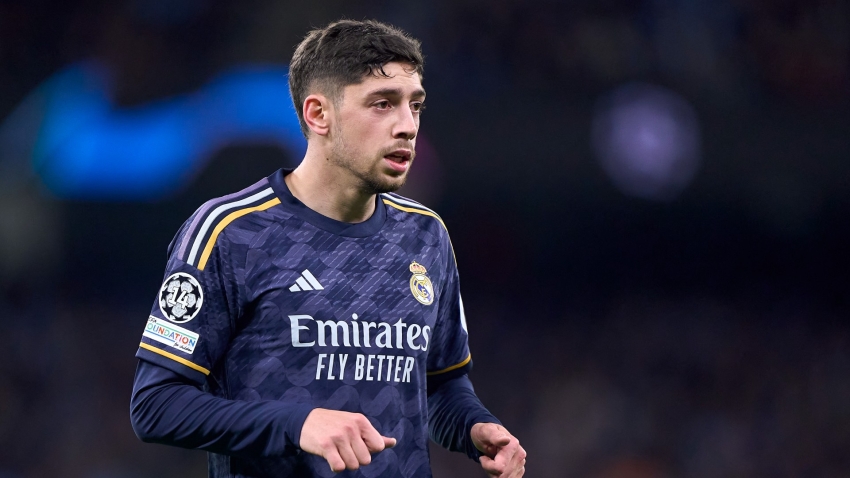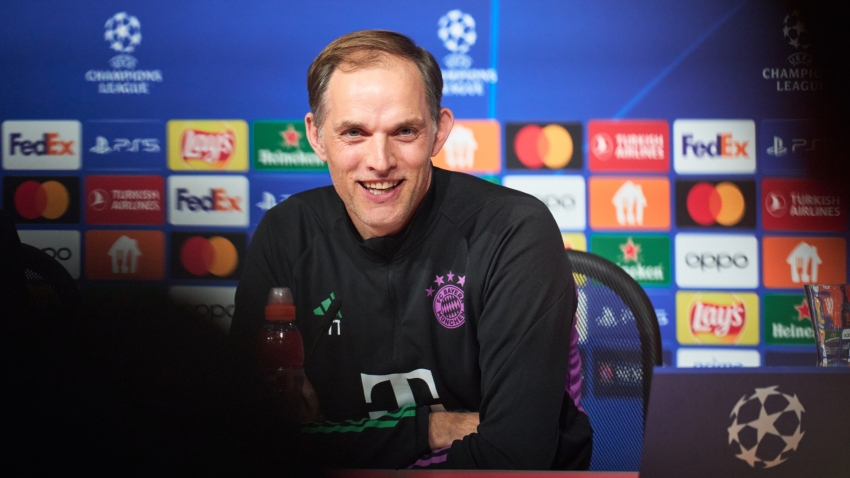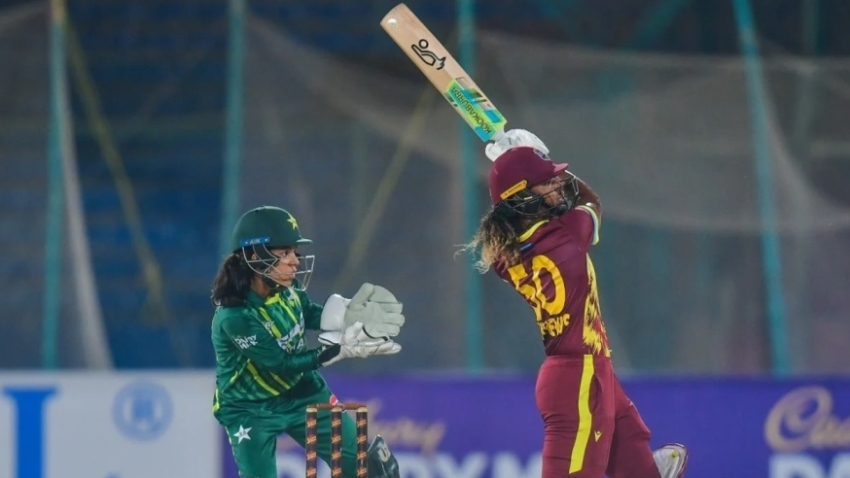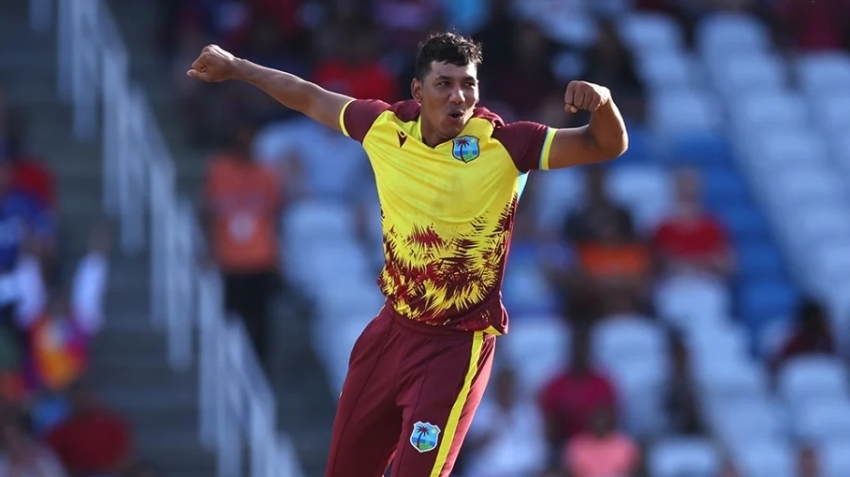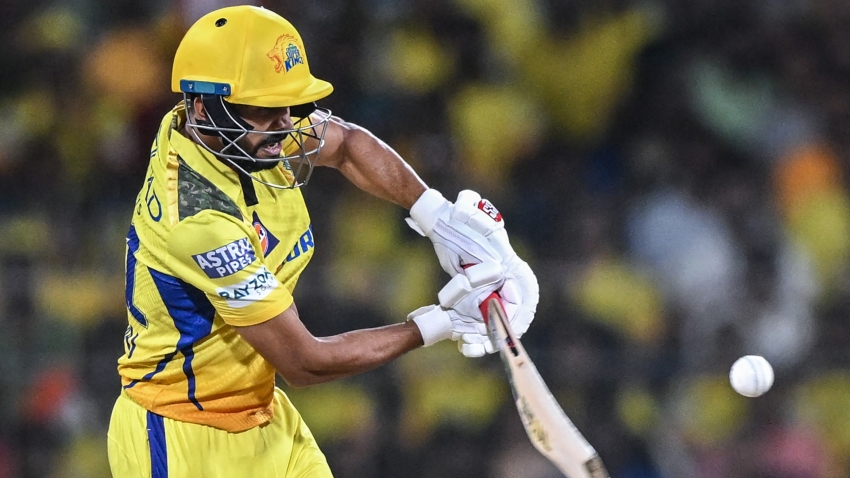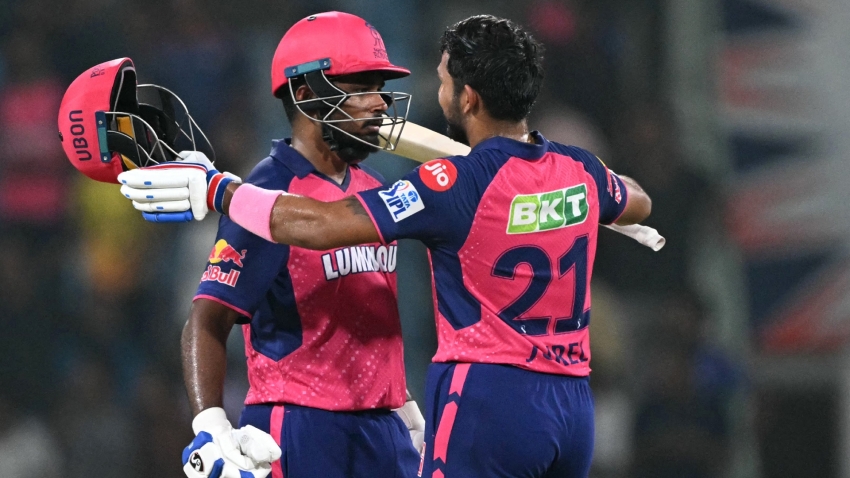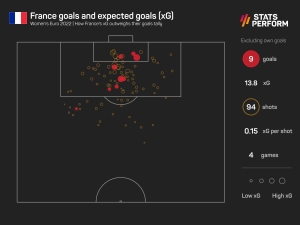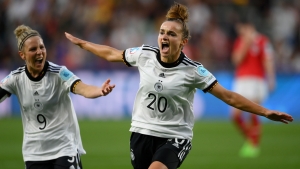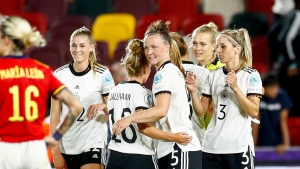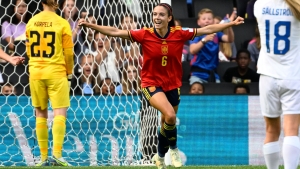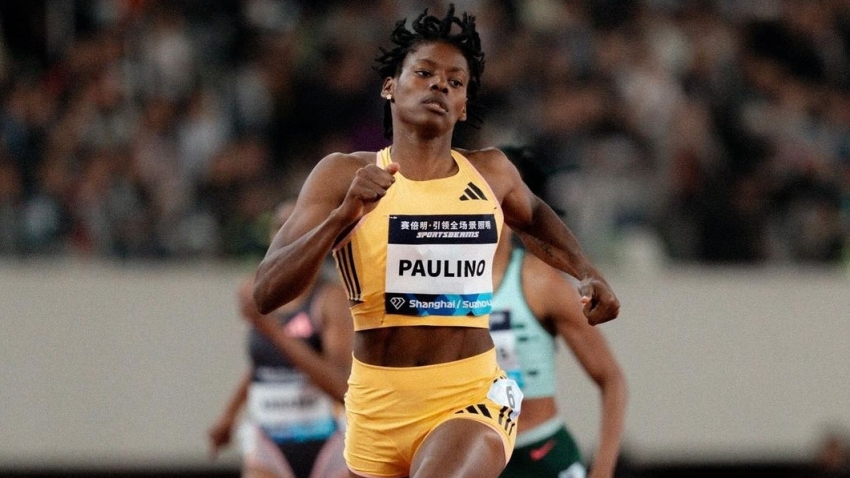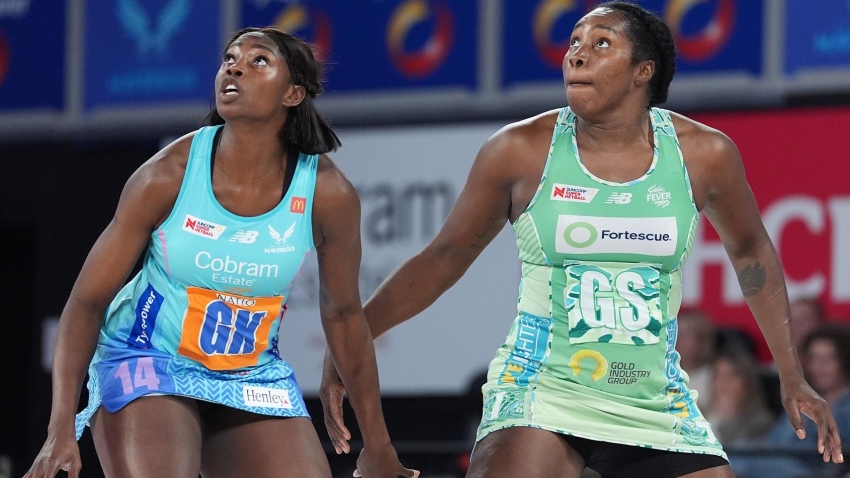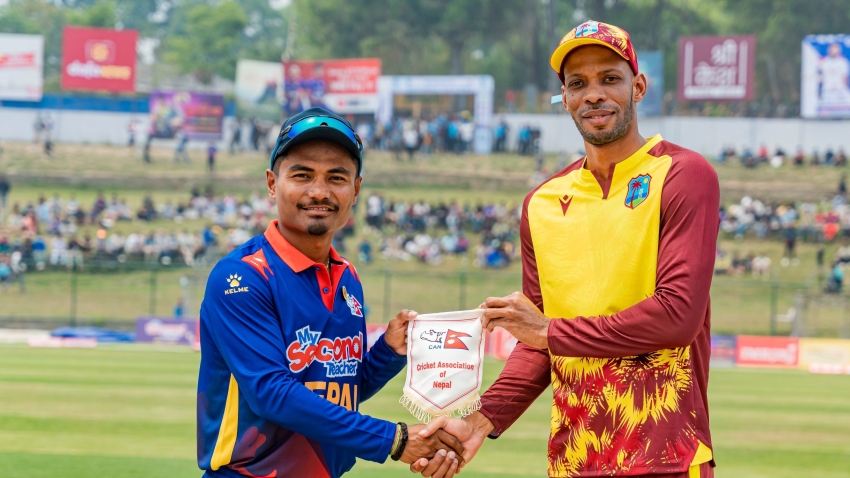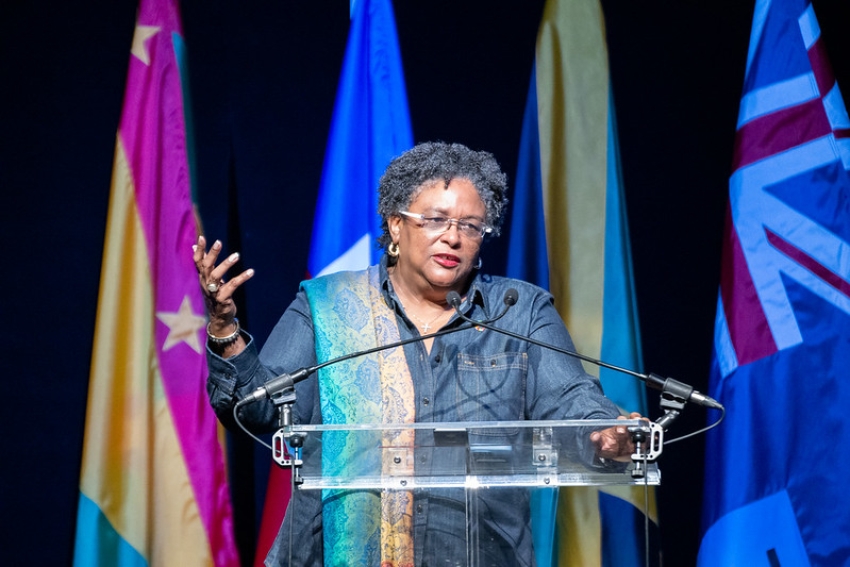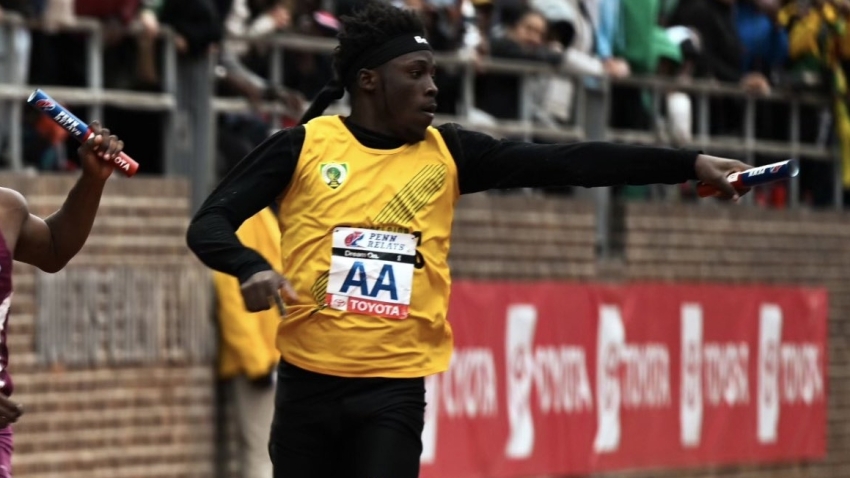England tackle Spain in a heavyweight quarter-final as the knockout stages of Euro 2022 get under way on Wednesday, with records already tumbling and data quirks around every corner.
The tournament has just passed its halfway stage in terms of the total number of games, with 16 of 31 having been played, and already more spectators have seen the finals in England than have attended any previous Women's Euros.
UEFA said 369,314 tickets were sold for group-stage games, with the soaring popularity of the women's game meaning the tournament attendance record of 240,055, set in the Netherlands five years ago, has been obliterated.
Sarina Wiegman's free-scoring England Lionesses have played an instrumental part in the tournament's success to date, with the host nation rallying around a team who scored a record 14 goals in the group stage, with Beth Mead's personal haul of five goals so far also a new all-time best for the group round.
Now the knockout stages await and the stakes are raised. Stats Perform, assisted by data from Opta, has looked at the tournament so far, plus each last-eight game, to see where the title might be won and lost.
The story so far
England have been the deadliest finishers, scoring 14 goals with a conversion rate of 24.6 per cent. Sweden sit next on that list, putting away 23.5 per cent of chances to net eight goals, five of which came in their final group game against Portugal.
France have scored all eight of their goals in the first half of their games, while England have hit nine before the interval and added five afterwards. The Netherlands have only scored twice prior to half-time in their games but have netted six second-half strikes, the most of all teams.
Switzerland exited after losing in painfully familiar fashion, with a second-half capitulation in going down 4-1 to the Dutch. The Swiss kept three first-half clean sheets in Group C but were pushovers after the interval, conceding eight times. In sharp contrast, all three of the goals Spain have shipped have come in the opening 45 minutes.
Spain have played the most passes overall, excluding crosses. Their total of 2,052 passes has come with an 86.0 per cent accuracy rate, while England have attempted the second highest number of passes (1,674) with a competition-leading 86.5 per cent precision.
The Spanish national team are famed for their possession-based, attractive football, teasing their way through defences with clever passes. Yet four of Spain's five goals have been headers, compared to three of 14 for England.
Mead sits top of the goal involvements list with seven (five goals, two assists), which puts her comfortably ahead of England team-mate Fran Kirby and Sweden's Kosovare Asllani, both of whom have scored once and set up three goals for a total of four involvements each.
Spain have the top five on the list of players with the most passes in the opposition half, led by defender Mapi Leon who has played 176 passes with a success rate of 90.3 per cent. For passes into the final third, Leon's accuracy dips to 83 per cent.
Best is still to come...
QUARTER-FINAL 1: Spain v England – July 20, Brighton
England have a record of played two, won two in previous Women's Euros quarter-finals, beating Finland 3-2 in 2009 and then edging France 1-0 five years ago in the Netherlands. Meanwhile, Spain have lost both of their previous games at this stage, going down 3-1 to Norway in 2013 and suffering a penalty shoot-out defeat to Austria in 2017, following a goalless draw.
Four of England's starters from the 2017 win over France have played in every game so far at these finals: Lucy Bronze, Mille Bright, Kirby and Ellen White.
England have never lost on home soil against Spain (P7 W4 D3), with the teams battling out a 0-0 draw when they last met in February. However, Spain have beaten England three times before when taking all 15 previous encounters into account, losing six and drawing six.
Including a 20-0 win over Latvia last November, England have scored 98 goals in their 17 games under head coach Sarina Wiegman, scoring an average of 5.8 goals per game and only conceding three times.
Mead's haul of five goals so far matches Jodie Taylor's Lionesses record haul from the last Euros, which won her the Golden Boot. Spain have scored five goals in total during this tournament, with five different scorers.
QF2: Germany v Austria – July 21, Brentford
Germany are one of two teams, along with England, who have yet to concede a goal. That does not bode well for Austria, who are making their second appearance at this stage after beating Norway in the last round of group games.
The Austrians will start as big underdogs against the eight-time champions (winners once as West Germany, seven times as Germany), with Germany having won 15 of their most recent 16 games when going beyond the group stages. That had been a 15-game winning run until Denmark halted it in the 2017 quarter-finals, scoring a surprise 2-1 win.
Austria might need Barbara Dunst's luck to change if they are to stand any chance. Dunst has had 11 shots and created eight chances for Austria so far in this tournament, but she has yet to score or have an assist. She had the most direct involvements in shots (19) without scoring or assisting of all players in the group stage.
QF3: Sweden v Belgium – July 22, Leigh
Sweden are the highest-placed team on the FIFA ranking list, sitting second, behind the United States. They are quietly going about their business in England, and it would be a major surprise for them not to reach the semi-finals from this tie.
Including penalties, Sweden scored more goals from set-pieces than any other side in the group stage (5). Belgium might be concerned by that, given two of the three goals they have conceded came from dead-ball scenarios.
Of the eight quarter-finalists, Belgium scored the joint-fewest goals (3) in the group stage, had the fewest shots (21), the fewest shots on target (11) and the lowest expected goals total (2.6). The Red Flames surely need to find more of a spark for this big game.
QF4: France v Netherlands – July 23, Rotherham
France will be playing a fourth consecutive match in Rotherham, a town which is twinned with the French city of Saint-Quentin.
This is also a fourth consecutive Women's Euros quarter-final for France, who have lost each time at this stage, including a penalty shoot-out defeat to the Netherlands in 2009. They were beaten on spot-kicks by Denmark in 2013, and then slumped 1-0 to England in 2017. France have lost star striker Marie-Antoinette Katoto to an ACL knee injury, so memories of fast-flowing football in their opening 5-1 win over Italy are becoming distant.
Defending their title this time, the Netherlands have lost Euro 2017 player of the tournament Lieke Martens to injury and star goalscorer Vivianne Miedema has been sidelined of late after a COVID-19 positive test.
Yet the Dutch have progressed on each of the two occasions they have reached the quarter-finals previously, with the win over France in 2009 followed in 2017 by a 2-0 victory over Sweden.


